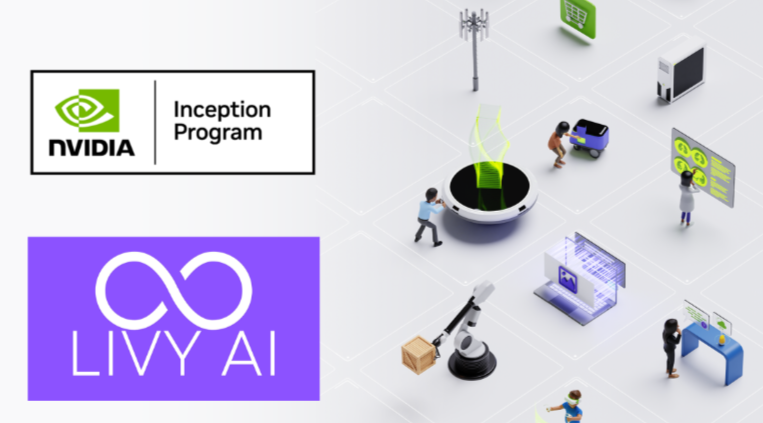
In the realm of cinema, where stories come alive and emotions play out on the big screen, scriptwriting has always been the foundation. It's the art of weaving narratives, crafting dialogues, and setting the stage for cinematic magic. But as we step into a new era of technological innovation, a new player is making its mark in the scriptwriting world: the AI Screenwriter. Let's explore how artificial intelligence is reshaping the scriptwriting landscape and what it means for the future of cinema.
1. The Genesis of AI Screenwriting
AI screenwriting tools utilize advanced algorithms, machine learning, and vast databases of existing scripts to generate new narratives. By analyzing patterns, character arcs, and popular tropes, these tools can craft unique storylines that resonate with audiences.
2. Speed and Efficiency
One of the most significant advantages of AI screenwriters is their ability to produce scripts at a rapid pace. What might take a human writer weeks or even months, an AI can achieve in a matter of hours. This efficiency is especially beneficial for production houses working on tight schedules or writers facing dreaded writer's block.
3. Diverse Storytelling
With access to global cinema databases, AI screenwriters can introduce a plethora of cultural narratives and perspectives. This diversity can lead to more inclusive storytelling, catering to a broader audience and bringing fresh narratives to the forefront.
4. Adaptability and Customization
Need a script tailored for a specific demographic? Or perhaps a storyline that aligns with a particular genre? AI screenwriters can adjust parameters to produce scripts that cater to specific requirements, ensuring versatility and relevance.
5. Cost-Effective Production
Hiring seasoned scriptwriters can be a costly affair. AI screenwriting tools, on the other hand, offer a cost-effective solution, allowing production houses to produce high-quality scripts without hefty expenses.
6. The Human-AI Collaboration
While AI screenwriters offer numerous advantages, the human touch in storytelling remains irreplaceable. The future likely lies in a collaborative approach, where human writers use AI tools to refine dialogues, explore alternative plot twists, or gain insights into audience preferences.
7. Ethical and Copyright Considerations
As AI screenwriters gain popularity, the film industry will need to navigate the murky waters of copyright and intellectual property rights. Who owns an AI-generated script? These are questions that will shape the future discourse in the industry.
Conclusion
The advent of AI screenwriters heralds an exciting phase in the world of cinema. While purists might argue that machines can never replace human creativity, there's no denying the transformative potential of AI in scriptwriting. By embracing this technology, filmmakers can explore uncharted narratives, optimize production processes, and cater to an ever-evolving audience base.
As with any technological advancement, balance is key. The future of scriptwriting will likely see a harmonious blend of human creativity and AI precision, leading to a richer, more diverse cinematic landscape.

